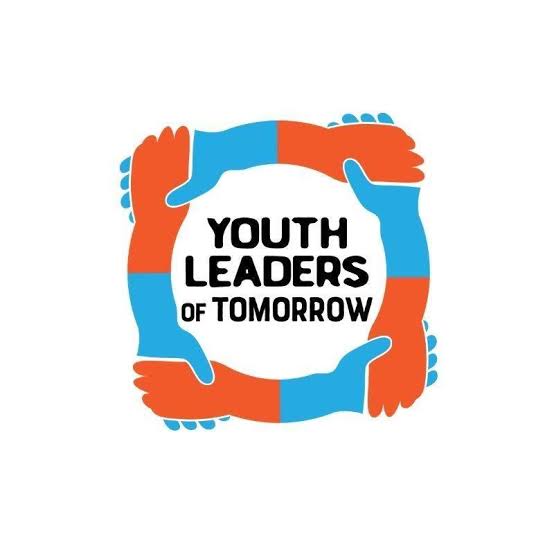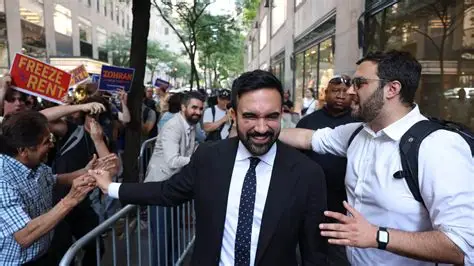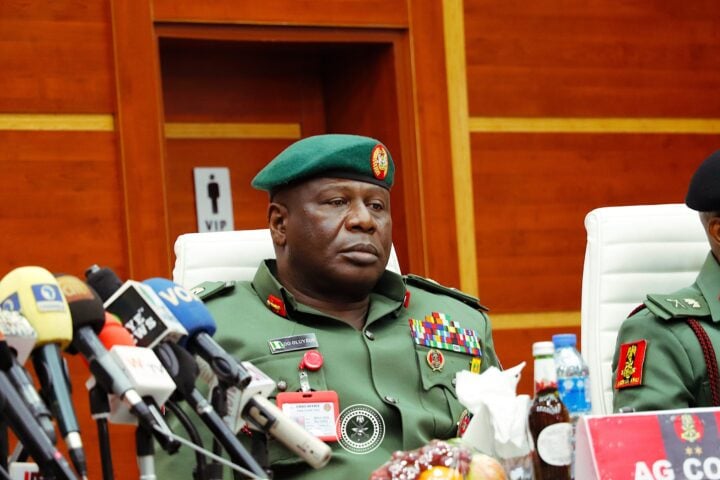Trump's Military Threat Rocks Nigeria: Minister, Senate, EU React to Dangerous Claims

Recent pronouncements from former U.S. President Donald Trump have sparked considerable diplomatic tension and domestic debate in Nigeria. Trump threatened military action and the cessation of aid to Nigeria, accusing the country of failing to protect Christian communities and allowing alleged 'anti-Christian violence,' leading him to designate Nigeria as a 'Country of Particular Concern' for religious-freedom violations. These remarks, including threats of going 'guns-a-blazing' to wipe out 'Islamic Terrorists,' have been widely condemned and met with strong reactions from various stakeholders.
The European Union (EU) swiftly responded by reaffirming its unwavering solidarity with Nigeria, explicitly declaring full respect for the nation’s sovereignty. EU Ambassador to Nigeria and ECOWAS, Mr. Gautier Mignot, emphasized during an interview with the News Agency of Nigeria (NAN) that the EU’s position is rooted in a long-standing partnership and shared values, not external influence. He stated the EU’s commitment to strengthening cooperation in peacebuilding, interfaith dialogue, and human rights protection. Mignot assured continued support for peacebuilding initiatives, deradicalization, demobilization, and reintegration programs for ex-members of non-state armed groups in the North-East, and protection of all communities, including minorities, with freedom of religion and belief. While acknowledging Nigeria's human rights challenges, he stressed the country's constitutional framework for fundamental freedoms, reiterating that Nigeria’s future lies firmly in the hands of Nigerians themselves, guided by shared interest in a stable, prosperous, and democratic Nigeria. A peace, security, and defense dialogue between Nigeria and the EU is also expected soon to deepen strategic cooperation.
Domestically, the Nigerian government firmly rejected Trump's threats. Minister of Foreign Affairs, Yusuf Tuggar, speaking in Berlin, Germany, warned against creating "another Sudan" through false allegations of religious persecution. He presented Nigeria's legal and constitutional documents outlining its commitment to religious freedom and rule of law, asserting that no level of government could support persecution based on faith. Tuggar underscored Nigeria’s democratic credentials and diverse population, cautioning against using religion or ethnicity as political tools, citing Sudan's instability as a stark warning. Similarly, Daniel Bwala, an aide to President Bola Tinubu, dismissed Trump's allegations as an orchestrated media campaign designed to portray the Tinubu administration as anti-Christian, citing independent global monitors finding no evidence of state-backed religious genocide. He also alleged that IPOB sympathizers had misled U.S. senators like Ted Cruz seeking to influence Washington's foreign policy.
The Nigerian Senate also became a stage for mild drama and serious debate over Trump’s remarks. Senate President Godswill Akpabio denied a viral online report claiming he had publicly rebuffed Trump by stating Nigerian Christians were not complaining. Akpabio vehemently called the report false and malicious, asserting his lack of authority to respond to a foreign head of state, and stating that only the Presidency held such constitutional power. He revealed he had petitioned the Nigeria Police Force and the State Security Services (SSS) to investigate the fabrication, fearing it was designed to cause a diplomatic row and discredit the National Assembly. However, Deputy Senate President Barau Jibrin openly challenged Akpabio’s stance, firmly declaring his readiness to speak his mind, asserting Nigeria's sovereignty and a parliamentarian's right to respond without fear of Trump. Akpabio later stated that the Senate would properly discuss Trump's comments on the floor at a later date, affirming his role to voice the Senate's collective position. This is not the first time alleged Christian genocide has been discussed in the Nigerian parliament, with previous resolutions to engage the U.S. Congress and form an ad hoc committee.
Critics within Nigeria have widely refuted the narrative of a 'Christian genocide,' emphasizing the complex and multifaceted nature of the country's insecurity. Many argue that terrorism, banditry, and insurgency are not solely religiously motivated but driven by land ownership disputes, economic exploitation (e.g., human trafficking by kidnappers), and separatist politics in regions like the South East. Victims of violence, whether Muslim, Christian, or Animist, suffer indiscriminately. There is no body of evidence to support President Trump’s claim that about 3,100 Christians have been killed in Nigeria or that this is relatively the highest number in the world, with comparisons drawn to persecution in China, Gaza, and Ukraine, where US policy remains ambivalent or supportive of certain factions. Some analysts suggest Trump’s motivations are tied to his evangelical base in the U.S., his quest for a potential third term, or a broader geopolitical strategy to counter Nigeria’s growing alignment with BRICS and China, and its independent stances on issues like Israel/Palestine and migrant deportations. Trump is known for his attention-seeking behavior and has previously designated Nigeria a 'Country of Particular Concern' in December 2020, with President Biden later reversing that classification.
The potential consequences of any unilateral U.S. military action, as threatened by Trump, are deemed catastrophic for Nigeria. Such intervention could ignite a second civil war, destabilize the West African region, and lead to an unprecedented humanitarian crisis. Nigeria, a diverse nation, cannot afford a religious war. The current challenges demand national unity and wise counsel, not divisive foreign intervention. There is a strong call for President Bola Tinubu to engage experienced diplomats, foreign policy experts from institutions like the Nigerian Institute of International Affairs (NIIA), and respected religious leaders such as Bishop Matthew Hassan Kukah, Pastor Wale Adefarasin, the Sultan of Sokoto, and others to douse tensions and counter false narratives. Furthermore, internal reforms are advocated to ensure political stability, inclusivity, and a sense of belonging for all Nigerians, potentially through structural changes like rotational presidency, to overcome ethnic and religious divides. The problem is exacerbated by some unpatriotic Nigerians who malign their own country for selfish reasons or foreign grants, highlighting a critical need for patriotism. The current situation is seen as a wake-up call, emphasizing that Nigeria's security environment must be made safe for all, regardless of belief, and that its future ultimately rests on the collective actions and unity of its own people. The Nigerian government also needs to swiftly address omissions like appointing Ambassadors to missions abroad.
You may also like...
Money Miss Road! The Diaspora Lifestyle Trap

Money miss road!, every one is chasing money and maybe they've missed the road that they are supposed to be on while cha...
Are Youths Really the Leaders of Tomorrow?

“Are Youth Really the Leaders of Tomorrow?” Africa’s endless cycle of old rulers who refuse to leave power is somet...
Odunayo Eweniyi: The Girl Who Built a School Out of Refusal

Odunayo Eweniyi, co-founder of PiggyVest, Feminist Coalition, and FirstCheck Africa embodies Africa’s new spirit of lead...
African Women's Football Heats Up: CAF Expands WAFCON to 16 Teams, Promising Fiercer Competition!
)
CAF expands the 2026 Women’s Africa Cup of Nations to 16 teams, intensifying competition for Nigeria’s Super Falcons as ...
Tottenham Rallies Around Star Defender Destiny Udogie Amid Shocking Gun Threat Allegations!

Tottenham Hotspur defender Destiny Udogie is receiving support from the club after he was allegedly threatened with a gu...
Kristen Stewart Unleashes Scathing Critique of Hollywood's Lingering Gender Bias

Kristen Stewart delivers a fiery keynote at the Academy & Chanel Women’s Luncheon, condemning Hollywood’s lingering gend...
Taiwan's Creative Content Fest Ignites Global Partnerships, Unveils Diverse Slate of Films

Taiwan Creative Content Fest 2025 spotlights Taiwan Travelogue and Goodbye My Love, while forging international partners...
Rock Legend's Requiem: Robert Taylor, Ex-Dragon Guitarist, Dead at 74

Robert Taylor, former Dragon guitarist and ARIA Hall of Fame inductee, dies at 74. Remembering his musical legacy and co...


